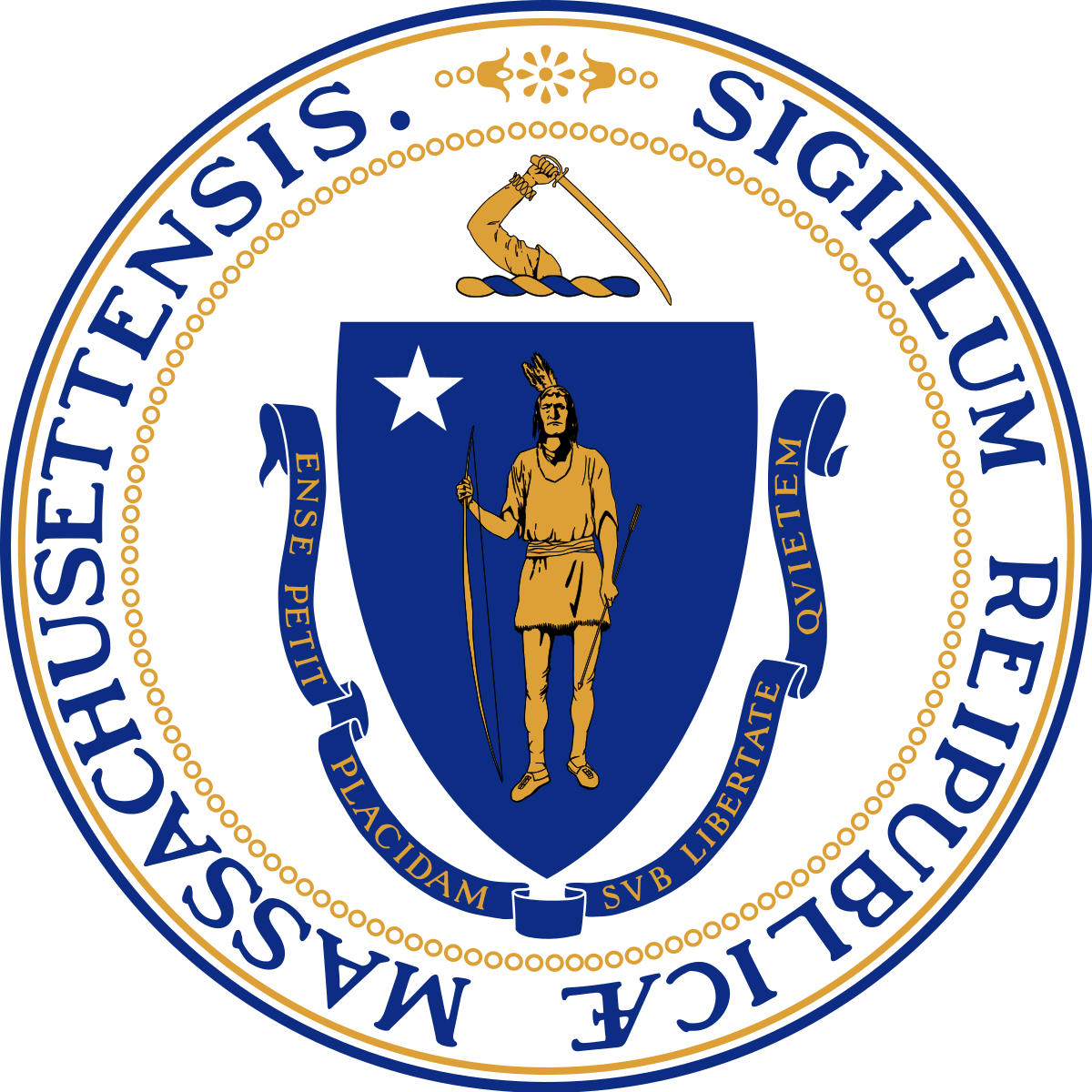[broadstreet zone=”59946″] |
ASHLAND – Today, December 21, the Baker-Polito Administration announced that nearly $49 million in grants to small businesses will be awarded through the COVID-19 Small Business Grant Program administered by the Massachusetts Growth Capital Corporation.
Among the more than 1,150 businesses that received a grant were two businesses in the Town of Ashland.
In October, the $50.8 million grant program was announced as a key component of Partnerships for Recovery, the Administration’s comprehensive plan to get people back to work, support small businesses, foster innovation, revitalize downtowns, and ensure housing stability.
Of the businesses being notified of their successful applications, each meets the preferred criteria of being owned by women, minorities, veterans, individuals with disabilities, or that identify as LGBTQ. Additionally, every completed application received from a qualified minority-owned business that has not been able to receive prior aid from federal, state or local programs established to support businesses during the pandemic will be receiving relief.
“As the pandemic continues to create challenges across the Commonwealth, our administration is pleased to partner with Mass Growth Capital Corporation to award almost $50 million to small business owners disproportionately impacted by COVID-19,” said Governor Charlie Baker. “We are thankful to our state, local and federal partners for their collaboration to equitably distribute these funds, and remain committed to working together to deliver additional relief to the families and businesses of Massachusetts.”
[broadstreet zone=”59945″] |
The Ashland businesses were:
- Marconi’s for $25,000, listed as woman-owned and LGBTQ-owned
- The Knowledge Connection Inc. for $20,000, listed as woman-owned and minority-owned
“Our administration is proud to announce almost $50 million in grants to support historically underrepresented small business owners as they navigate the pandemic,” said Lt. Governor Karyn Polito. ”We thank Mass Growth Capital Corporation for their partnership to distribute these funds quickly, and look forward to continuing to work with business and community leaders to ensure a strong, equitable recovery from COVID-19.”
To increase applications from underrepresented groups, MGCC worked with a statewide network of local non-profits, small business technical assistance providers, and other organizations that support minority enterprises, including BECMA, Amplify LatinX, the Business Equity Initiative, Massachusetts Association of CDCs (MACDC), LISC and the statewide Coalition for an Equitable Economy, to reach businesses and entrepreneurs that would match the program’s priorities.
The Small Business Grant Program received over 10,000 applications seeking funds totaling over $500 million.
[broadstreet zone=”59948″] |
Effective today, successful applicants will be notified that they have been awarded grants with further instructions on how to complete the process to receive funds. Nearly $49 million will be granted to small businesses, with the remaining funding having been used to encourage applications from targeted communities and to prevent fraudulent applications.
The grant program’s priorities, set forth in legislation, resulted in 1,158 small businesses being designated for an award. Among the successful applicants:
- 100 percent of all grantees are minority-, veteran-, LGBTQ-, or individuals with disabilities-owned businesses;
- 100 percent of qualified applications submitted by minority-women, minority-male, veteran-, LGBTQ-, and individuals with disabilities-owned businesses that have not received prior aid will be receiving funding;
- 95 percent of award recipients are minority-owned businesses; and
- 76 percent of award recipients are women-owned businesses.
“With the thoughtful combination of the program’s priorities and help from partner organizations who assisted with targeted outreach, we are able to provide direct financial support to the applicants that have the greatest need and also serve communities that are the most vulnerable to the virus,” said Housing and Economic Development Secretary Mike Kennealy. “As additional resources become available, we will continue to prioritize the businesses and communities that have suffered the most.”

Portions of this report are a media release from the Governor’s office submitted to the digital news outlet

